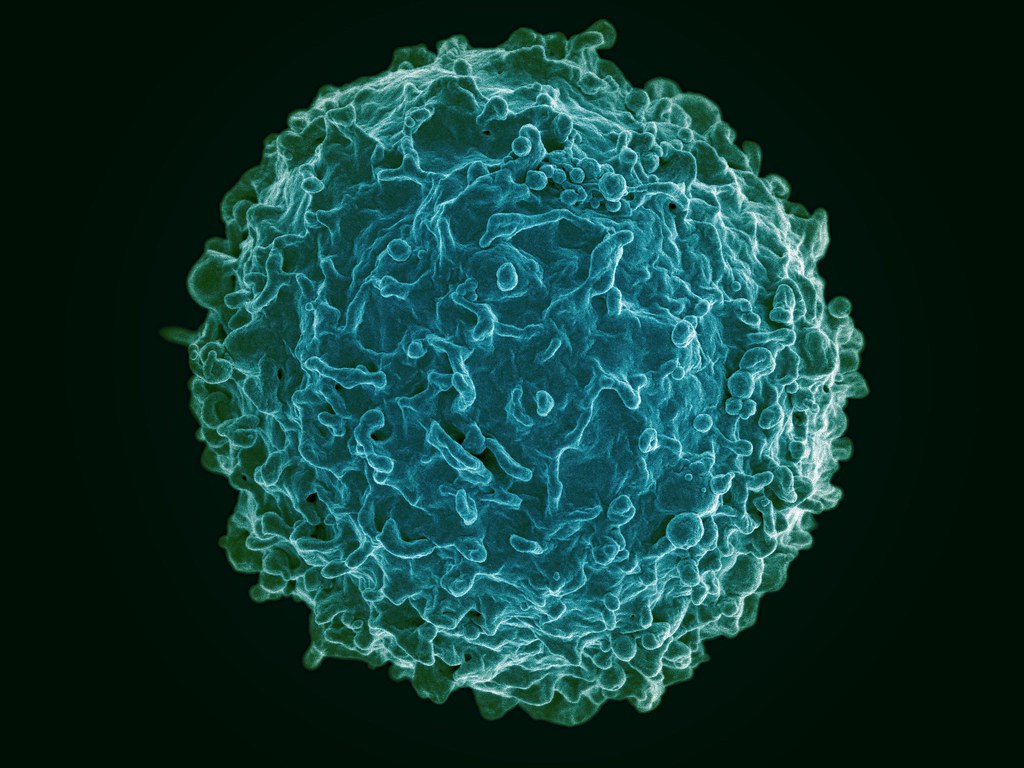I am proud to say that I am a lover of all things brussels sprouts and cabbage, but this wasn't always the case. As a kid, I would turn my nose up at that pungent, sulfurous aroma that would hit me every time we'd go over to my grandfather's house as he was preparing cabbage and noodles, or other traditional Ukrainian dishes. This disgust was further reinforced through TV and films, where it seemed that all children and even some adults shared my view. So this got me thinking, why are we so averse to bitter foods when we are young, and why does that change as we eventually grow up?
The ability to detect bitterness is an evolutionary ancient trait, predating human beings by millions of years. For example, jellyfish, fruit flies and even bacteria have the ability to sense bitter compounds in their surroundings. This makes sense, considering that bitter compounds are often toxic in high doses, and are produced by plants and animals alike to deter predators from choosing these bitter organisms for a mid-afternoon snack. Given that toxicity and bitterness often go hand-in-hand, it is only natural then that our ancestors would want to avoid bitter compounds. Prior to agriculture, when our ancestors were of a hunter-gatherer sort, this ability to detect bitter compounds would have been advantageous for early hominids to ensure they didn't consume any toxic foods.
Not only have humans been evolutionary ‘trained' to avoid bitter foods, we are also physiologically designed to be experts at it. It has been shown that the human body has upwards of 80 tastes receptors that sense bitterness alone. That's more than double the amount of receptors that can sense any of the other three basic tastes (sweet, salty and sour). This is because bitterness comes in all shapes and sizes, consisting of over 500 unique compoundsâœ, and how you express these taste receptor genes will determine how sensitive you are to certain bitterness compounds.
However, that doesn't explain why our view on bitterness usually shifts as we get older, and to answer that we need to keep two things in mind:
The first of those being that as we age, we lose taste receptors, most notably, the loss of receptors for salt and bitterness. The second thing to remember is that our bodies are able to adapt to our surroundings, our palate being no exception.
As we age, we are exposed to a wide variety of foods, and although we may not be keen on them to begin with, over time and with enough exposure to them, our views on the foods change. However, just because we are able to tolerate bitterness, and have learned over the years that these foods aren't poisonous isn't exactly enough evidence to suggest that bitter foods are healthy. There must be some benefits to eating bitter foods, right? Otherwise, why would parents partake in the insufferable battle to get their children to eat broccoli? Well it turns out mom and dad were right; it has been shown in study after study that bitter compounds such as glucosinolates (broccoli), caffeine (coffee) and other phytochemicals found in wine, tea, kale, etc. have antioxidant and anti-carcinogenic properties to them. It's almost as if the natural defense mechanisms utilized by the plants has now been passed along to you, the consumer. In this case, it just goes to show you that what doesn't kill you can in fact make you stronger.
Concluding Remarks
Thank you for sticking with me to the bitter end of this post. What started out as a seemingly innocent observation, turned into a fun and interesting topic to research. Never would I have guessed that the reason children don't like bitter foods stems from an ancient signal that allowed early hominids to avoid consuming toxins. Even more interesting, is the fact that due to agriculture and the domestication of crops, this ancestral signal does us very little good in our day-to-day lives. On the contrary, it hinders many children from getting important vitamins and nutrients that are needed for a healthy diet. So the next time you down four cups of coffee before noon, don't worry about it; just remember, it's good for you.
✠If you'd like to see all of the known bitterness compounds for yourself, I highly recommend checking out BitterDB, where you can browse and get more info on these compounds.
About the Author
 Christian B. Schwoyer is a graduate student in the Genetics department at the University of Georgia, studying the basis for frost tolerance in the biofuel crop, switchgrass. When away from the lab, he loves to run and enjoys a fine cup of coffee, just not at the same time. He can be reached at schwoyer@uga.edu. Christian B. Schwoyer is a graduate student in the Genetics department at the University of Georgia, studying the basis for frost tolerance in the biofuel crop, switchgrass. When away from the lab, he loves to run and enjoys a fine cup of coffee, just not at the same time. He can be reached at schwoyer@uga.edu. |
About the Author
- athenssciencecafehttps://athensscienceobserver.com/author/athenssciencecafe/April 17, 2020
- athenssciencecafehttps://athensscienceobserver.com/author/athenssciencecafe/April 12, 2020
- athenssciencecafehttps://athensscienceobserver.com/author/athenssciencecafe/April 3, 2020
- athenssciencecafehttps://athensscienceobserver.com/author/athenssciencecafe/March 30, 2020







